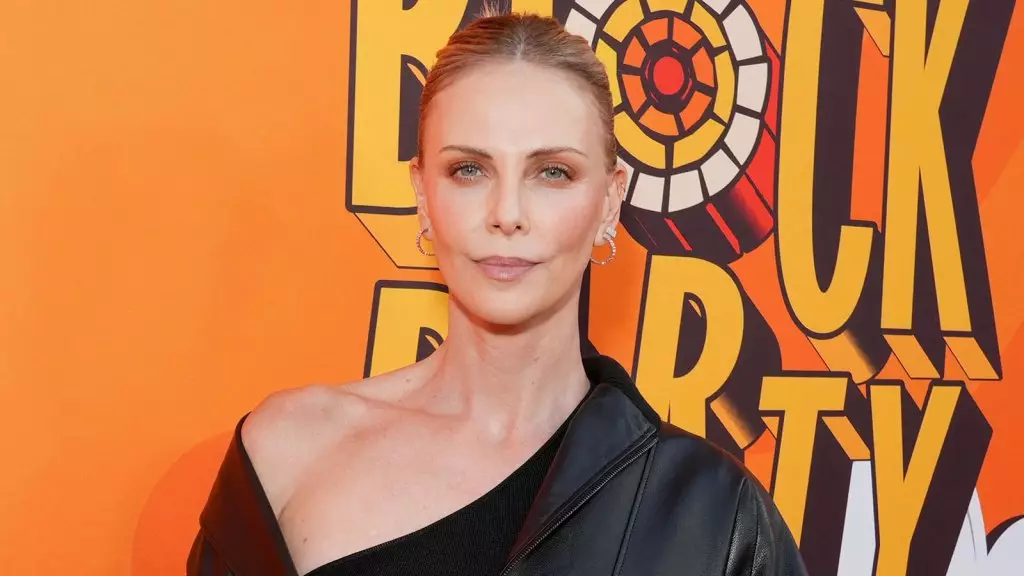Charlize Theron’s honest recounting of her early encounter with a manipulative director lays bare the uncomfortable realities many women face in the entertainment industry. Her choice to keep the director’s identity private underscores a complex dilemma: confronting abusers often comes with personal and professional risks. Theron’s story highlights that, despite her success and status, she was vulnerable in a situation where power was imbalanced. This narrative challenges the myth that fame inherently shields individuals from exploitation and instead reveals that Hollywood’s dark underbelly can affect even its brightest stars.
The actress’s decision not to reveal the director’s name is a powerful statement about agency. She consciously chooses to prevent her voice from becoming a public weapon against a man whose name she refuses to utter. Her resistance emphasizes that her primary concern is her own healing and dignity—not retribution or notoriety. By framing her experience within a broader context of emotional safety, Theron invites us to reconsider the importance of boundaries and the complexity of publicly holding abusers accountable while managing personal trauma.
The Cost of Speaking Out and the Power of Silence
Theron’s reticence to name her perpetrator reveals the intricate balance survivors strike between advocacy and self-preservation. She articulates a clear stance: the story isn’t about revenge or bringing down the individual, but rather about asserting her own boundaries and refusing to be exploited. Her stance adds to the ongoing conversation about the #MeToo movement, where silence and speaking out are both valid choices, shaped by personal circumstances and safety concerns.
Furthermore, her refusal to associate the incident with her talent showcases a broader theme—victims often grapple with internalized guilt and the misconception that their worth is tied to external validation. Theron’s clarity about her experience dismantles the narrative that victims must immediately expose their abusers; instead, she prioritizes her mental and emotional well-being. Her story encourages empowerment, reinforcing that survivors should not feel compelled to share their trauma for justice to be valid or respected.
Reclaiming Power and Challenging the Status Quo
Ultimately, Charlize Theron’s stance on her experience advocates for a survivor-centric approach to accountability. She openly acknowledges that the abuser, understanding her silence, attempted to manipulate her with a false apology, yet she remains steadfast in her refusal to perpetuate his narrative. Her words suggest a deeper belief: true empowerment stems from owning one’s story, on one’s own terms, rather than succumbing to societal expectations of exposure.
Her refusal to name the director, paired with her unwavering honesty about the incident, sends a potent message—survivors hold the power over their histories. Her story urges others to recognize that silence, when chosen deliberately, can be a form of resistance. It inspires a broader reflection on how privilege, fear, and personal choice influence our willingness to speak, and ultimately, how healing is a profoundly individual process. Theron’s courage, in choosing her own path, exemplifies resilience that transcends fame, affirming that reclaiming agency is a victory in itself.

